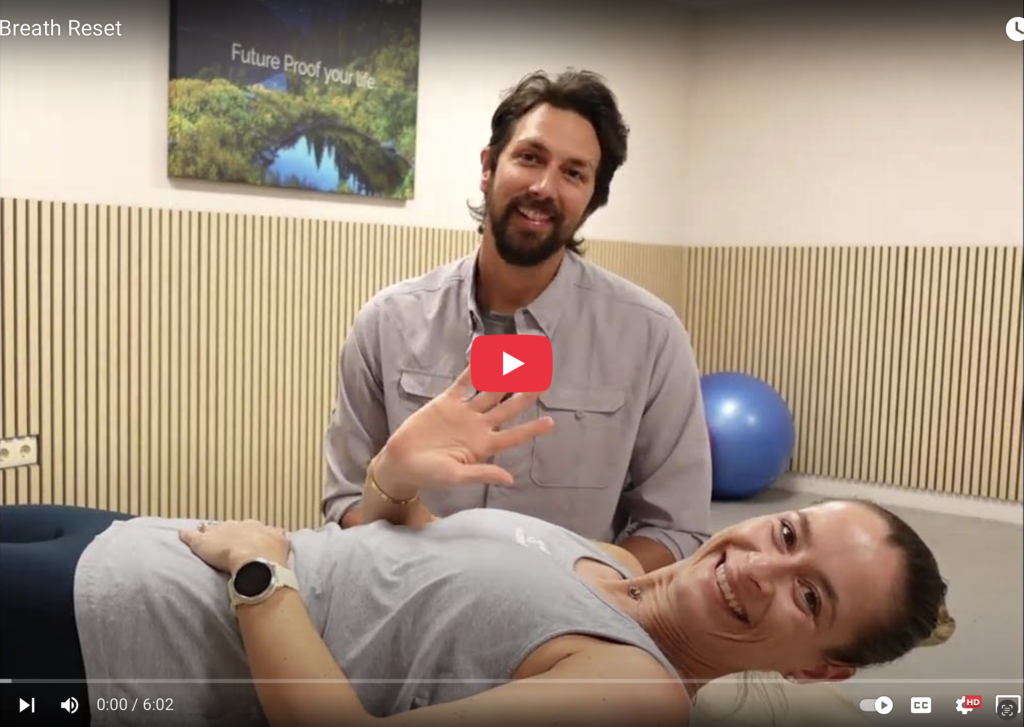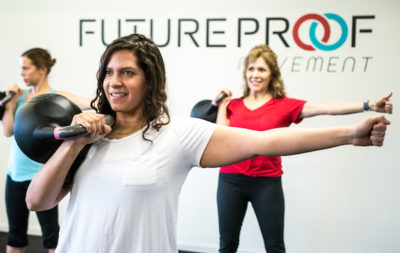Your body works 24/7 to maintain itself. One of the body processes that’s always working in the background is the mechanism that makes sure that you continue inhaling and exhaling. And you’re not even aware of it. Your body can breathe because of the autonomic nervous system, which is what it sounds like – the system that makes things happen automatically in your body.
Because of the autonomic nervous system, your breathing rate can change without you realizing what’s happening. For example, your body’s breathing rate will change as part of the fight-or-flight response. This response exists to protect your body in the case of an actual emergency, like a tiger chasing you. Your body senses a threat and as a result, your breathing rate increases, along with your heart rate and muscle tension.
When your body experiences stress from daily life, the physical response is no different. The same response that keeps you safe in the case of an emergency triggers the fight or flight response in our daily lives. To your body, growing more agitated while sitting in traffic or getting upset over a mistake at work is perceived as a threat.
When you begin to feel negative emotions, like anxiety or fear, your breathing automatically becomes shorter and more shallow. Your body senses this change in breathing and responds by intensifying the physical symptoms of stress.
So how can you counteract this response? Pausing to take deep, intentional breaths can help to slow down the reaction and control your stress, anger, fear, and anxiety. This more relaxed state can override the stress response and let your body know that the threat is gone.
You can get some stress relief through breathing. The next time you’re feeling stressed, consider the following outcomes that result from slow, controlled breathing:
Decrease heart rate and blood pressure.
Stress makes your heart rate and blood pressure rise which then leads to tightness in your muscles. Deep breaths will help to lower your heart rate and blood pressure, as well as relax your muscles.
Improve your posture.
You’ll notice that to get deep, quality breaths, you need to sit more upright. With time, this improvement in your posture should extend beyond your breathwork and to your daily life.
Improve clarity.
Even just a few deep, intentional breaths can be a form of meditation. Take time during the day to focus on your breath, a single point of focus, and clear your mind.
When you’re experiencing stress, remember to pause and take a moment to focus on your breathing. The simple act of inhaling and exhaling can create a positive impact on your health.
Future Proof your body through activity and healing. We have something for every fitness level, every age, and every body. To learn more about how we can help you with your training, fitness, and health goals, book a free assessment with us today.





